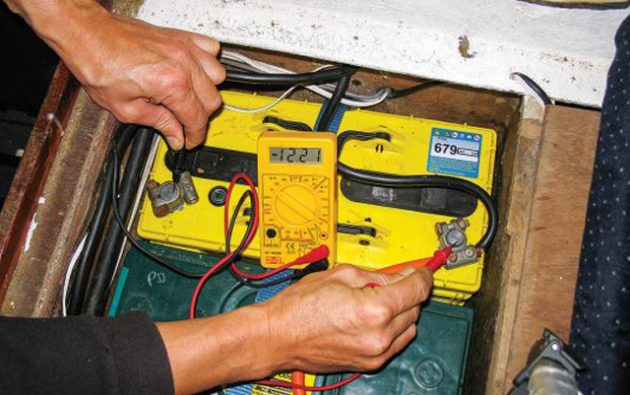
Boat batteries are vital to any vessel, providing power for everything from starting the engine to running electronics and appliances. If you are a boat owner in Portland, OR, you know a reliable battery is essential for a successful day on the water. Proper maintenance is crucial to ensure your boat battery’s longevity and optimal performance, whether cruising on the Columbia River or fishing in the Pacific Ocean. And for those using boat batteries in Portland, OR, this article will cover some tips and best practices for maintaining and extending their life.
Charge Your Battery Properly
Proper charging is perhaps critical to maintaining your boat battery’s health. Always follow the manufacturer’s instructions regarding charging rates and times, and never overcharge the battery. On the other hand, undercharging can also be harmful, as it can lead to sulfation, significantly reducing the battery’s capacity over time.
Store Your Battery Properly
If you plan to store your boat for an extended period, taking some precautions to protect your battery is essential. First, disconnect the battery cables to prevent any electrical drain. Next, store the battery in a cool, dry place away from direct sunlight and extreme temperatures. Place the battery on a shelf or rack to prevent it from sitting directly on the ground.
Monitor Your Battery’s Health
It’s a good idea to check your battery’s voltage and overall health periodically. You can do this with a voltmeter or a specialized battery monitor. A healthy battery should read between 12.5 and 12.8 volts when fully charged. If the voltage drops below 12 volts, it may be time to recharge the battery or replace it if necessary. A battery monitor can provide even more detailed information about your battery’s performance, such as its state of charge, capacity, and temperature.
Avoid Deep Cycling
Deep cycling, or fully discharging your battery before recharging it, can significantly reduce its lifespan. Instead, aim to keep your battery’s state of charge between 50% and 80%. This range provides a good balance between maximizing the battery’s capacity and preventing deep cycling. If you need to discharge the battery completely, try recharging it as soon as possible to prevent sulfation.
Invest in a High-Quality Charger
A good charger can make all the difference in maintaining your boat battery’s health. Look for a charger designed specifically for marine batteries with multiple charging stages, such as bulk, absorption, and float. These stages help ensure that the battery is charged at the correct rate and prevents overcharging. Some chargers even have a desulfation mode that can help reverse the effects of sulfation and extend the battery’s lifespan.
Use Your Battery Regularly
Regularly using your boat battery can help keep it healthy and prevent sulfation. If you only use your boat occasionally, consider investing in a maintenance charger to keep your battery charged and healthy while the boat is in storage. Alternatively, you can take your boat for a short trip or run the engine periodically to keep the battery charged.
In conclusion, maintaining and extending the life of your boat batteries in Portland, OR, requires some effort and attention, but it’s well worth it in the long run. By following these tips and best practices, you can help ensure your battery provides reliable power for many years. Remember to charge your battery properly, keep it clean and dry, store it correctly, monitor its health, avoid deep cycling, invest in a high-quality charger, and use it regularly. By taking care of your boat battery, you can enjoy your time on the water without worrying about unexpected power failures or the need for costly replacements. Remember, a well-maintained battery is a reliable battery.
